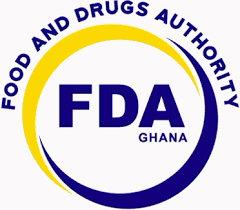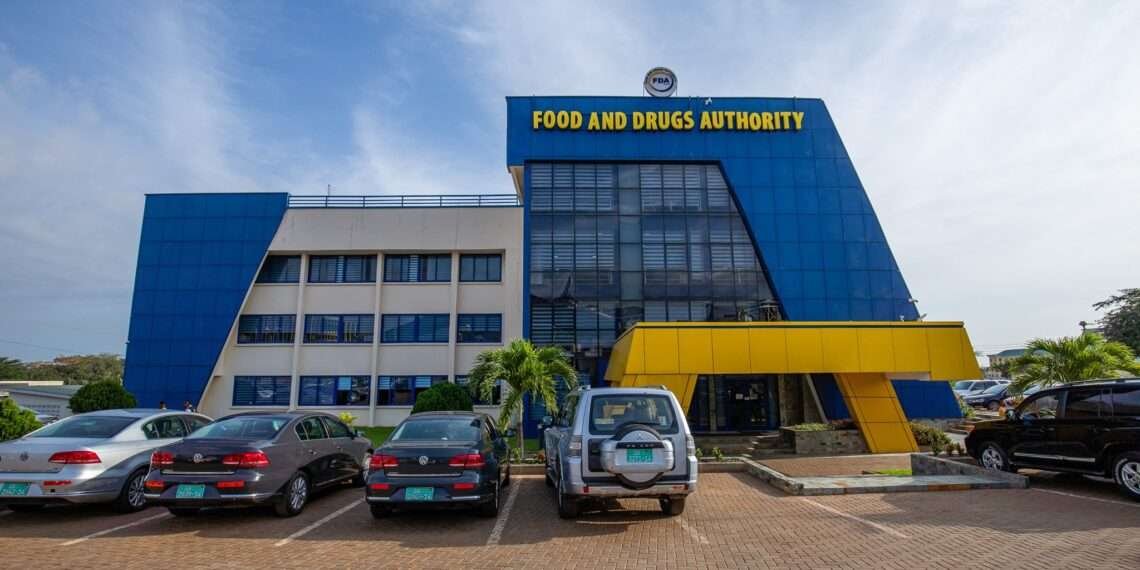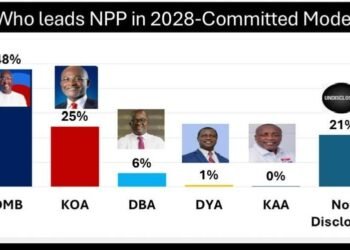The Food and Drugs Authority (FDA) has issued a public alert regarding a new scam involving individuals impersonating FDA officials.
These scammers contact food service establishments, such as restaurants, eateries, and other food vendors, claiming to be conducting investigations into alleged cases of food poisoning.
The FDA urged the public, particularly those in the food industry, to remain vigilant and report any suspicious calls or activities to the appropriate authorities to avoid falling victim to this fraudulent scheme.
“Initial reports indicate that the mode of operation of these scammers is to call these food services establishments and demand access to their WhatsApp account to enable them fraudulently gain access to their personal and confidential information such as client databases among others…”
Food and Drugs Authority (FDA)
The FDA further revealed that the primary objective of these scammers is to potentially compromise the digital systems of food vendors or extort money from them.
By posing as FDA officials conducting investigations, the fraudsters may attempt to gain unauthorized access to sensitive information, disrupt operations, or coerce business owners into making financial payments under pretenses.
The FDA advised all food service providers to exercise caution, safeguard their systems, and report any suspicious activities to the relevant authorities to prevent such fraudulent attempts.
FDA Stresses On-Site Inspections for Food Safety Enforcement
Additionally, the Food and Drugs Authority emphasized that incidents of food poisoning are considered critical public health issues and are treated with the highest priority.

The FDA clarified that it does not carry out enforcement activities or investigations related to food safety over the phone.
Instead, all such actions are conducted through formal, on-site inspections by authorized FDA officials.
This approach, the FDA noted, ensures a thorough and accurate assessment of the situation, reinforcing the importance of direct engagement in safeguarding public health.
“To this end, operators of food services establishments are to be cautious of telephone calls purporting to be from FDA staff conducting food poisoning investigations”.
Food and Drugs Authority (FDA)
The Authority also encouraged the public to remain vigilant and promptly report any suspicious calls or messages to the appropriate authorities.
Individuals are advised to contact either the Police or the FDA directly, either at the FDA’s Head Office or any of its Regional Offices across the country.
By reporting these incidents, the public can assist in preventing fraudulent activities and help protect both consumers and businesses from potential harm.
The FDA emphasized that it remains committed to collaborating with law enforcement to address such scams and ensure public safety.
Accordingly, the FDA urged the public to be aware that, in accordance with its official code of practice, field officers are strictly forbidden from accepting any form of payment or monetary compensation from clients during the course of their duties.

This policy is in place to uphold the highest standards of integrity, transparency, and professionalism in the FDA’s operations.
The authority further warned that any individual claiming to be an FDA officer and requesting payment should be regarded as engaging in fraudulent activity.
The FDA encouraged anyone encountering such situations to report them immediately to the appropriate authorities to help combat fraud and protect public trust.
In the meantime, the FDA reminded the public to purchase and consume only wholesome products from reputable shops and trusted food service establishments.
The Authority emphasized its unwavering commitment to public health by continually conducting regulatory activities aimed at identifying and eliminating non-conforming products that pose a risk to public safety.
The FDA highlighted several key regulatory measures it undertakes to safeguard public health.
These include the issuance of food hygiene permits, which ensure that establishments meet strict sanitary standards, and the implementation of both pre-market and post-market surveillance of regulated products.
These activities are designed to rigorously test and monitor products, ensuring they meet the required safety standards and are appropriately labeled in accordance with FDA guidelines.























